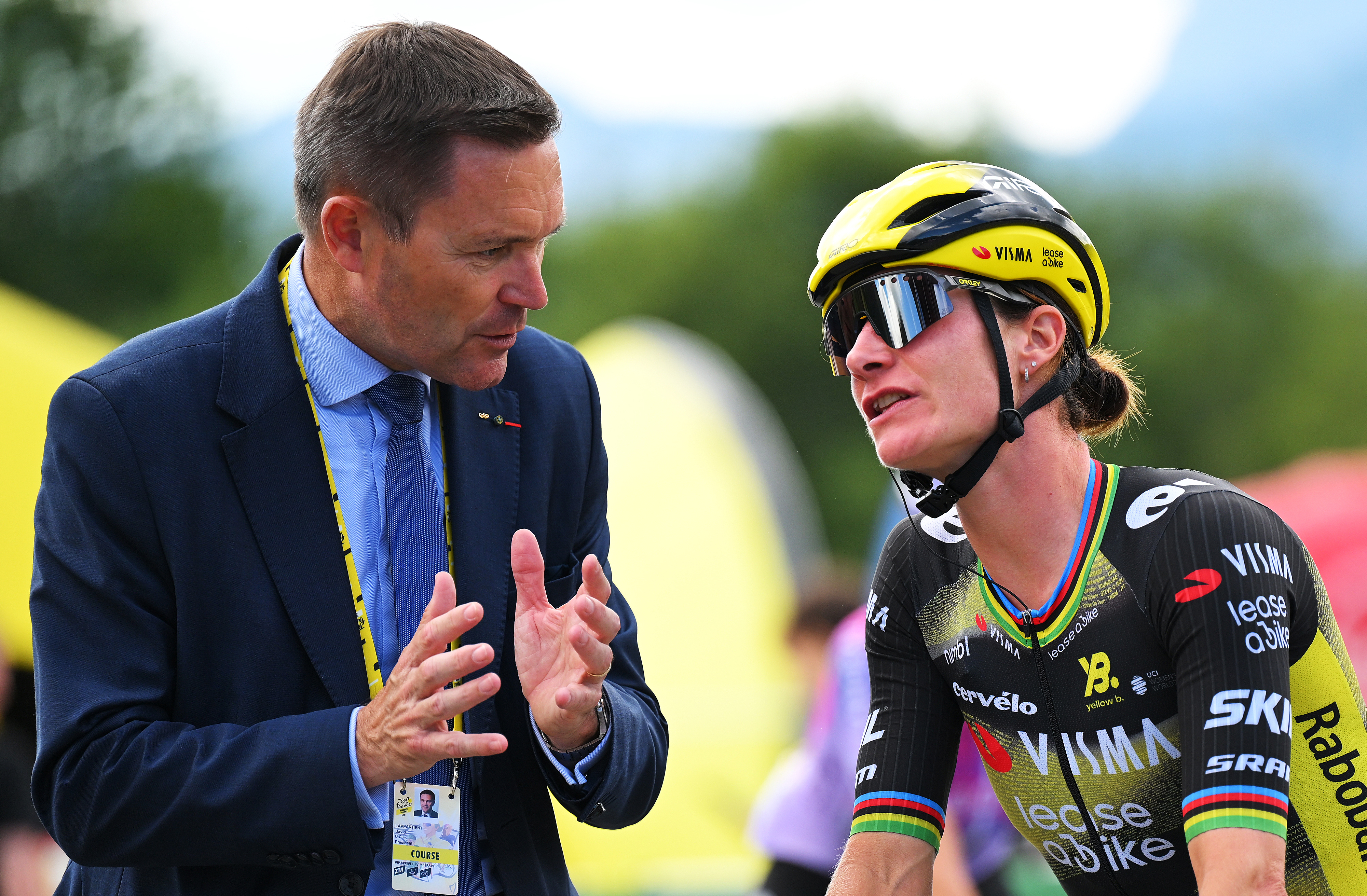New anti-doping rules in Germany
The German National Anti-Doping Agency (NADA) has released a new set of rules for anti-doping tests...
The latest race content, interviews, features, reviews and expert buying guides, direct to your inbox!
You are now subscribed
Your newsletter sign-up was successful
The German National Anti-Doping Agency (NADA) has released a new set of rules for anti-doping tests in all sports disciplines, taking effect as of January 1, 2009. German athletes will be divided into three groups for testing, depending on their degree of risk, with about 700 top athletes in the highest category with the most restrictive whereabouts reporting requirements.
"If there is a concrete suspicion or someone is trying to play games with the whereabouts reporting, then we can show the athlete the 'red card'," said NADA legal advisor Anja Berninger according to the dpa press agency. Suspicious athletes can therefore be lifted into the highest category testing pool.
This top level, called the International Registered Testing Pool (RTP), will require athletes not only to send in their whereabouts for every quarter year, but also to follow the "one-hour rule". The athletes have to name one hour every day in which they will be available for a doping control.
"During this hour they must wait at the named place for the controller," Berninger said. "This regulation affects only the very top athletes."
Further changes to the rule books include an increased ban of four instead of two years for first-time dopers, the obligatory suspension of an athlete after a positive A sample and the prohibition for convicted athletes to take part in organised training during the duration of their ban.
The latest race content, interviews, features, reviews and expert buying guides, direct to your inbox!
